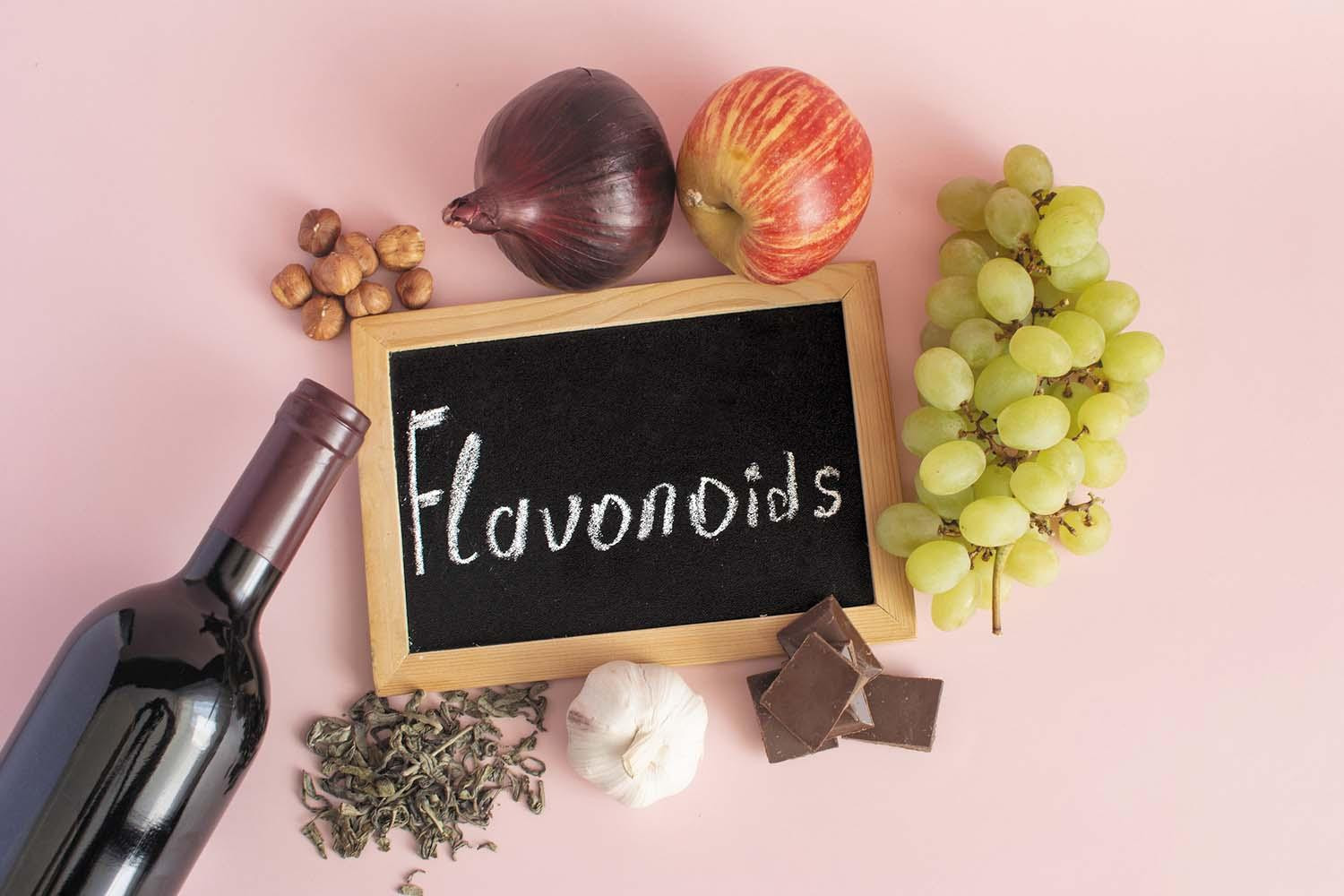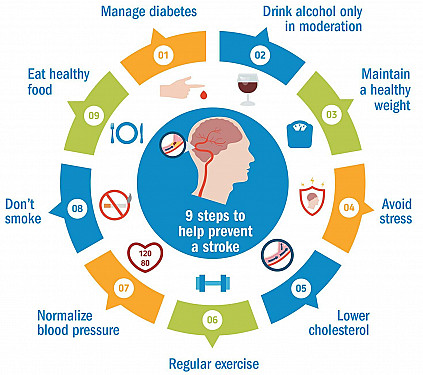Eating diverse flavonoid foods may provide extra health protection
In the journals
- Reviewed by Howard E. LeWine, MD, Chief Medical Editor, Harvard Health Publishing; Editorial Advisory Board Member, Harvard Health Publishing

Consuming large amounts of flavonoid-rich foods can help protect against various health conditions, including diabetes, cardiovascular disease, and certain types of cancer. But eating a diverse range of these foods may offer even greater health benefits than getting flavonoids from a few sources, according to a study published June 2, 2025, by Nature Food.
Flavonoids are compounds that give plants their vibrant colors. High-flavonoid foods include tea, blueberries, strawberries, oranges, apples, grapes, plums, red cabbage, red wine, and dark chocolate.
For the study, researchers tracked the eating habits of approximately 125,000 people ages 40 to 70 for more than a decade. Those with the highest diversity of flavonoid-rich foods in their diet showed a 20% lower risk of diabetes, a 10% lower risk of cardiovascular disease, and an 8% lower risk of cancer compared to people with the lowest diversity. People with the most diverse diets ate about seven different types of flavonoid-rich foods per day.
The researchers pointed out that there are more than 6,000 types of flavonoids found in plants. Different ones offer specific benefits. For instance, some are better at improving blood pressure, while others help lower cholesterol or reduce inflammation. Therefore, it makes sense that consuming a range of high-flavonoid foods would provide a broader range of protection. While the study didn’t explore specific amounts, the researchers noted that other studies have shown health benefits associated with consuming at least 500 milligrams of flavonoids per day. This is equal to eating an apple, an orange, and a handful of berries and drinking two cups of tea.
Image: © izusek/Getty Images
About the Author

Matthew Solan, Former Executive Editor, Harvard Men's Health Watch
About the Reviewer

Howard E. LeWine, MD, Chief Medical Editor, Harvard Health Publishing; Editorial Advisory Board Member, Harvard Health Publishing
Disclaimer:
As a service to our readers, Harvard Health Publishing provides access to our library of archived content. Please note the date of last review or update on all articles.
No content on this site, regardless of date, should ever be used as a substitute for direct medical advice from your doctor or other qualified clinician.
















